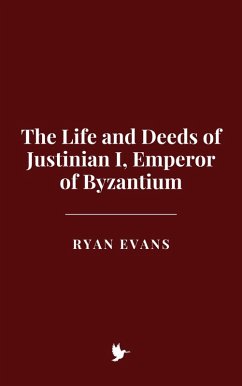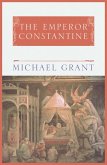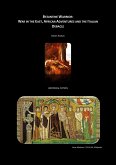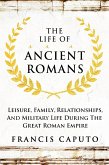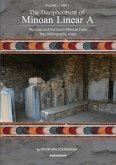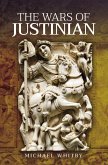The book also reflects on the complexities of Justinian's policies, such as his attempts to reconcile theological divides, particularly between Chalcedonian and Monophysite Christians, and his influence on the development of both Eastern and Western Christianity. His architectural endeavors, most notably the Hagia Sophia, symbolized his vision of a Christian Roman Empire, while his military ambitions, though initially successful, faced significant economic and logistical constraints.
Despite the grandeur of his achievements, the book does not shy away from the significant financial burdens, internal unrest, and geopolitical limitations that ultimately marked the end of his reign. The consequences of his policies and the eventual fragmentation of his reconquests underscore the tension between his grand vision and the empire's long-term stability. The book concludes by examining Justinian's lasting legacyboth as a key figure in the transition from the ancient to the medieval world and as an emblem of the Byzantine Empire's enduring influence on law, architecture, and religion. Through its detailed analysis, this work presents Justinian I as a towering, complex figure whose reign defined an era and left a lasting mark on history.
Dieser Download kann aus rechtlichen Gründen nur mit Rechnungsadresse in A, B, CY, CZ, D, DK, EW, E, FIN, F, GR, H, IRL, I, LT, L, LR, M, NL, PL, P, R, S, SLO, SK ausgeliefert werden.

